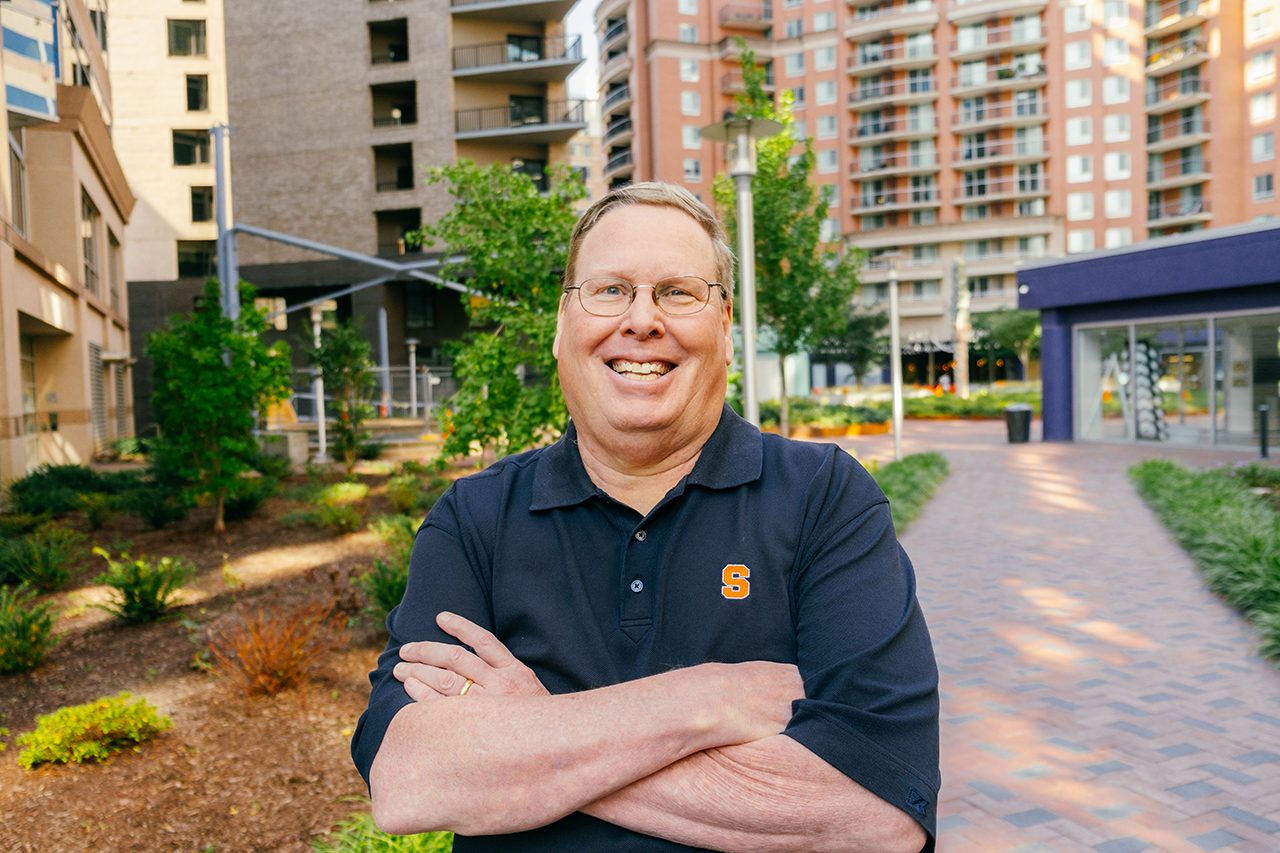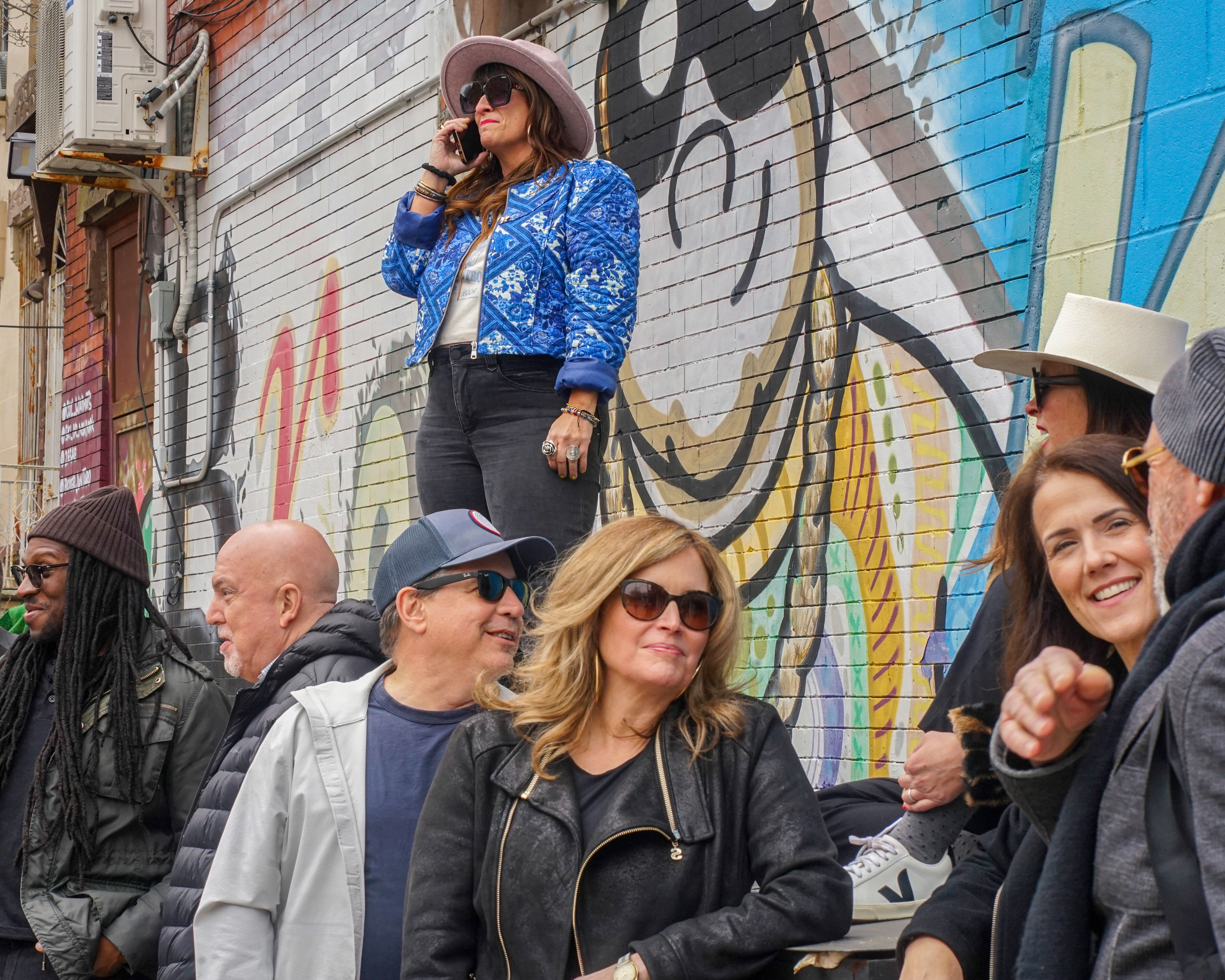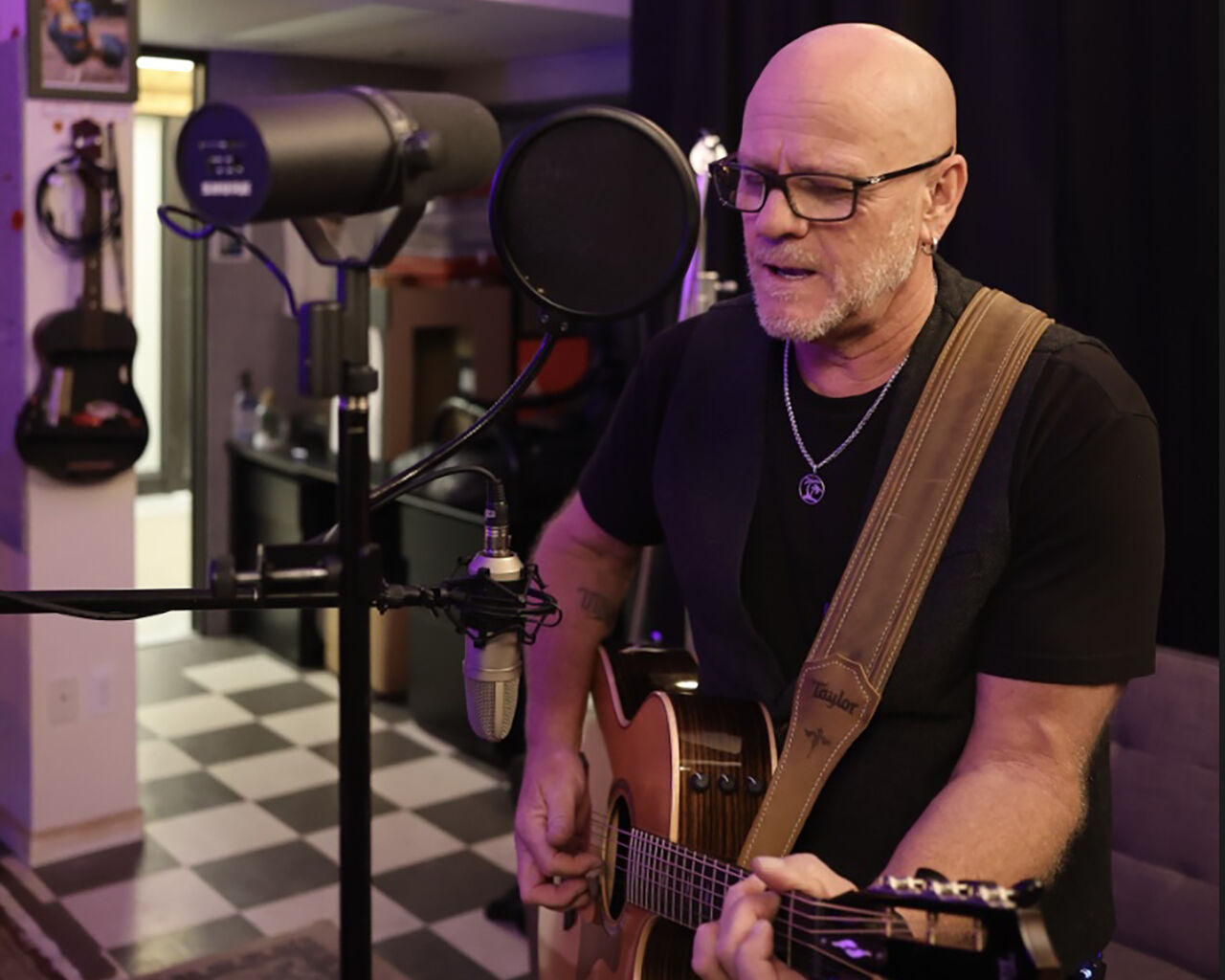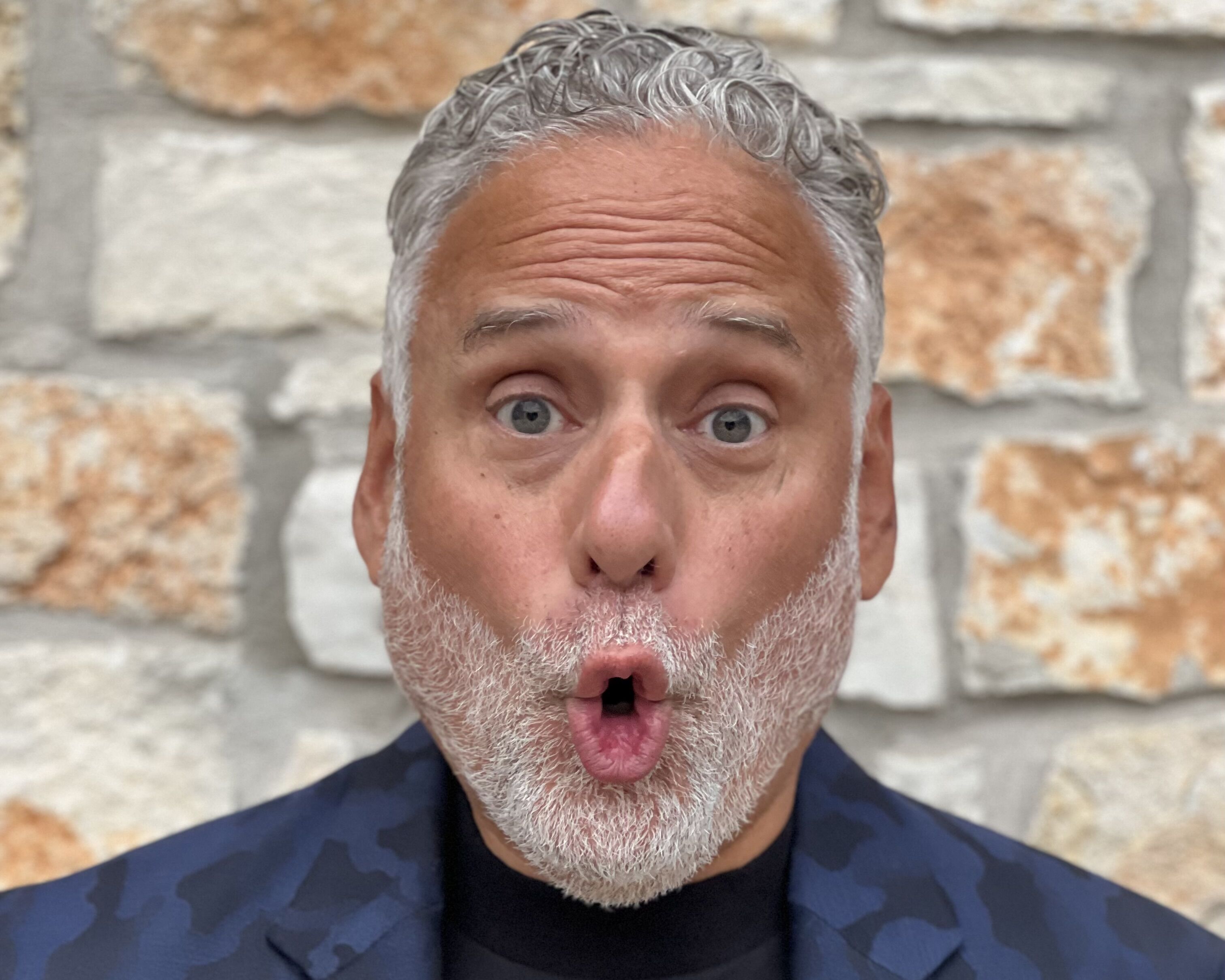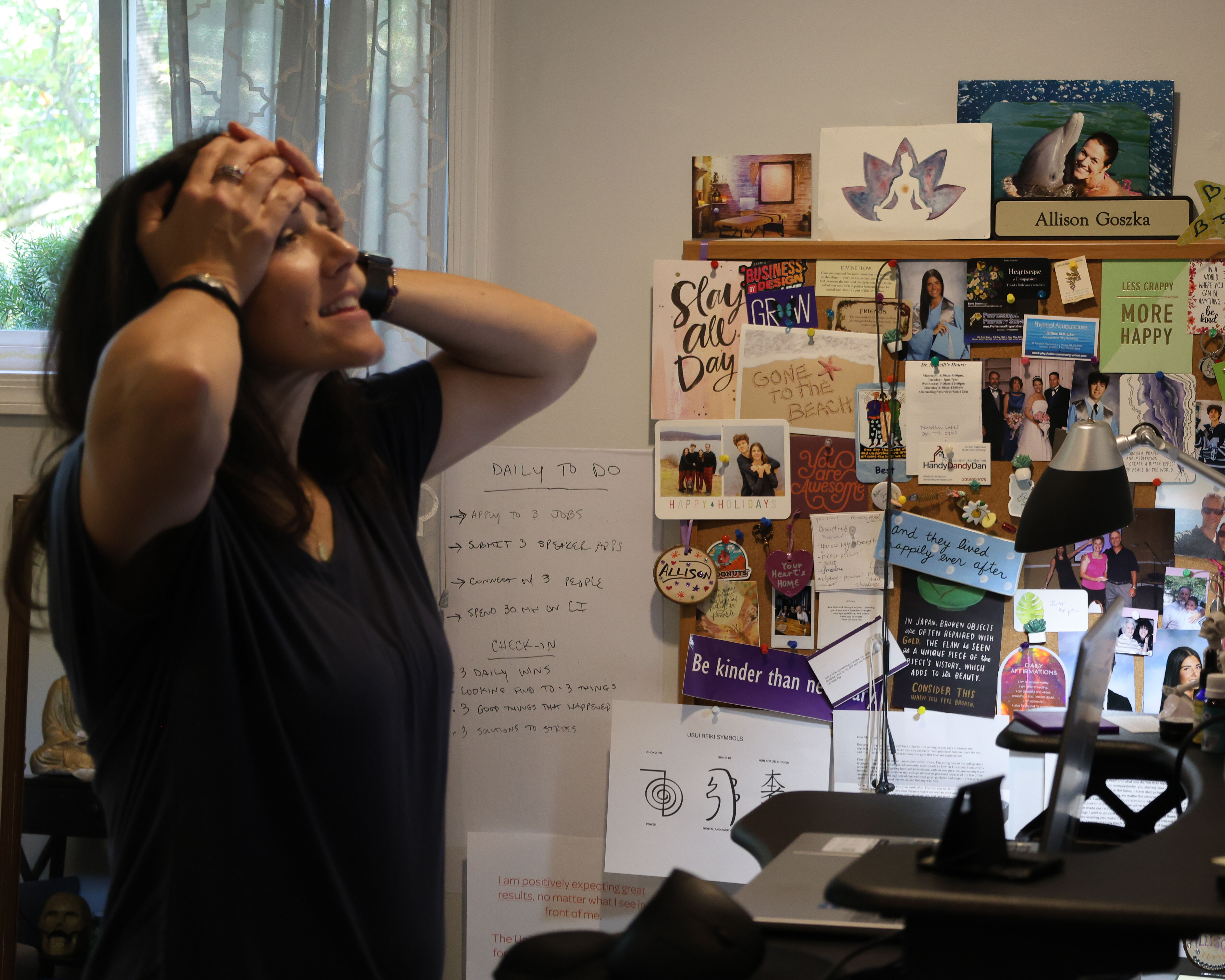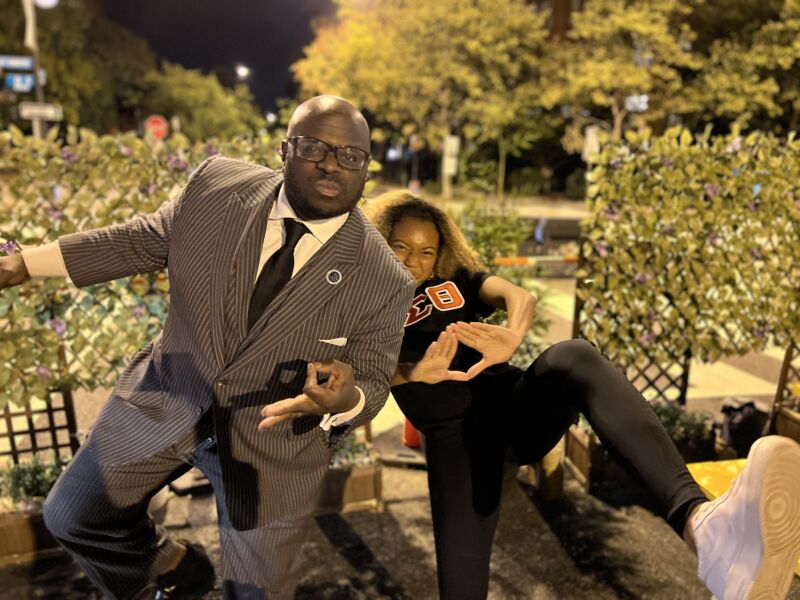
Placeholder caption to set up story.
Joy In The Face Of Imposter Syndrome
In the months leading up to my writing this package, I was feeling a bit of imposter syndrome… and angst about the next steps on my journey. So I decided to reach out to a former boss known publicly for his joyous demeanor. In other words, someone who I thought would be a nice counterbalance to my story.
It turns out most – if not all – of us have complicated relationships with Joy.
Tony Allen, Ph.D., 54, is president of Delaware State University (DSU) and Chairman of President Biden’s Board of Advisors on Historically Black Colleges and Universities. Tony contemplated the meaning of joy and reflected on the impact of his life of his mother, R. Leatha Allen, who passed away suddenly on Jan. 4, 2022, and for whom he and his future wife Tara created a https://www.desu.edu/giving/donate/words-are-creative-force-endowed-scholarship-fund. This interview has been edited for clarity and length.
His thoughts on imposter syndrome particularly resonated. It stunned me that someone with his resume felt this way, just as others have questioned how I could be feeling that way given my accomplishments. I loved his advice for overcoming these “false narratives.”
But I’m going to get out of Tony’s way. I have edited our conversation for clarity and length.
In His Own Words
Joy, for me is an existence, not a feeling. Happiness is a feeling and it’s fleeting. I found a lot of joy actually in my professional accomplishments, but as I’ve gotten older, I find that I’m at most peace and greatest satisfaction when I’m with my kids and my wife.
My mother passed pretty quickly, which was probably best for me. If it was long and drawn out, I don’t know how I would’ve done. I found myself in a deep sadness until I realized she left because she thought I’d be okay in Tara’s hands. I was no good to anybody when she first passed. But getting that renewed sense of joy gave me a sense of how I needed to be for them.
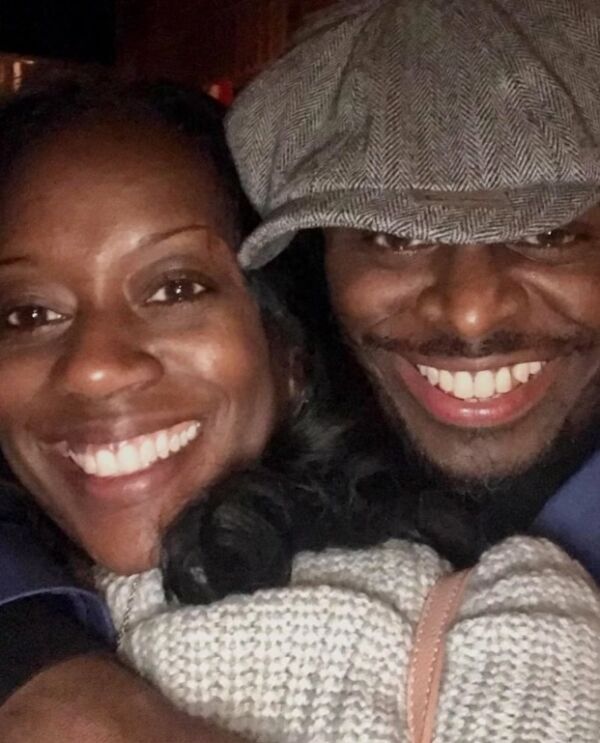
Placeholder caption.
My kids wrapped their arms around me and picked me up. I try to make them laugh all the time, make them feel good about themselves. They were intentional about making me feel the way I try to make them feel all the time, and that made a big difference as I came out of that.
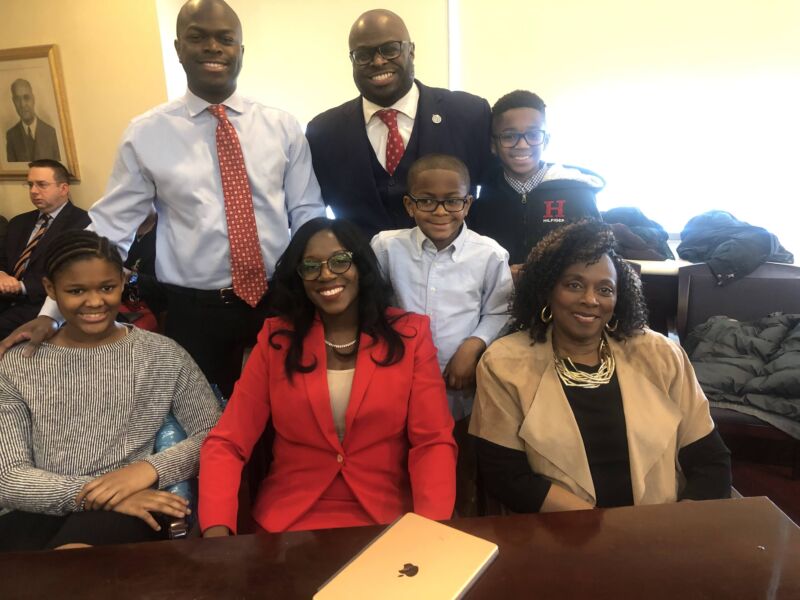
Placeholder caption to support there story.
I am an avid weightlifter. I don’t know if it’s joy in the moment when I’m doing it, but it’s critical to how I start my day. Tara and I do it together, and that gives me a great sense of joy as well. I also spend a little time every day being thankful for what is in my life. When things go poorly for me, I’ll wake up, think about what I’m thankful for, go look at the God’s beauty in my backyard, and realize these problems can all be figured out. I think gratitude and joy are equally tied.
The Narrative We Tell Ourselves
Every year since I got my doctorate 25 years ago, I’ve had a recurring nightmare that none of this is real. I’m not president of Delaware State University. No degrees. I didn’t have a fantastic career at Bank of America. I don’t know Joe Biden. I haven’t married Tara. I attribute that to imposter syndrome — thinking these things are not supposed to be happening to me and that I’m not good enough for them.
It’s a fake narrative, a story we tell ourselves. I believe it’s all given to you by the grace of God. I Corinthians 15:10 is very instructive. So just be happy about that part and find some joy in it. It helps, too, to tell yourself the exact opposite story, which is something I do fairly regularly.
I don’t do a great job of balancing the pursuit of personal joy with my other responsibilities. But I have started to set bright red lines. Unless I’m actually working from home, I don’t do work at home anymore. That is so different than who I was for 30 years. I no longer feel like I have to promptly return calls from folks I can talk to at any point. I get a high volume of calls like that, which often creates work that I don’t need. So, I take my time returning them. And I am much more present than I ever have been with the people I love.
I lost my father yesterday. When I see him at the funeral in a couple of weeks, that’ll be only the seventh time I’ve seen him in my life. I was never able to forgive him for what I thought he did to us. That same day, I need to be a good son and take the leadership with respect to his services. And it settled me.
By the time I woke up this morning, I began to feel a sense of gratitude because he did one thing that was enormously positive in this life. He helped provide life to me and allowed me to meet the dearest person I’ve ever met and I got to live with her for 52 years. Deciding to let go brought me joy. I feel like that would’ve never come out of my mouth before.
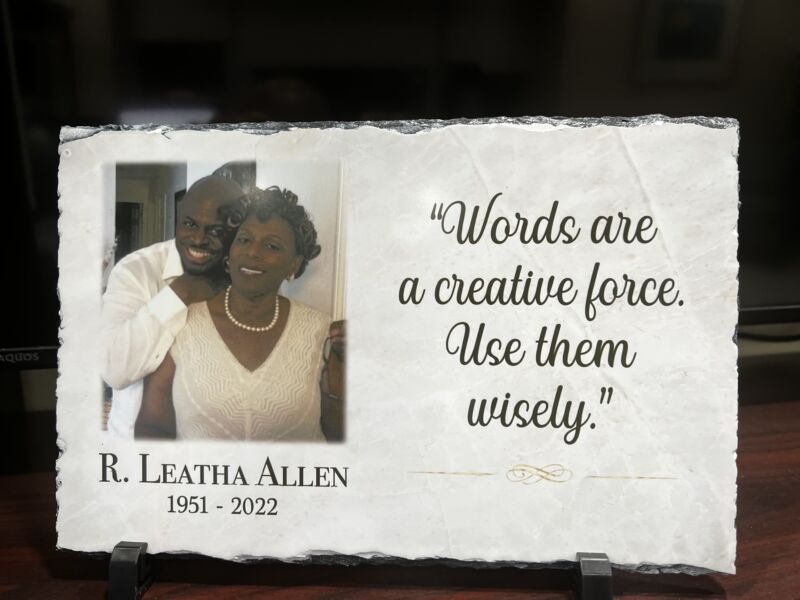
Placeholder caption to support post.
People often think about me as Tony Allen, president of Delaware State University, as opposed to Tony Allen, the person. People who get me know I like telling jokes and doing a lot of belly laughing. My best friend, Dr. Quinetta Connally makes me laugh all the time and I do that with my kids all the time. I’m very informal with them, even when they want to be serious. Those kinds of connections give me a lot of joy.
Joy Offers a Deeper Sense of Gratitude.
When I use to think about happiness, my desire to be happy meant I could be high on the mountaintop or deep in the valley. And that’s not good for your mental health. Having a strong, stable sense of gratefulness and joy and knowing why has helped me get through some tough times.
When I earned my doctorate, I asked my son AJ, who was probably 9, how do you like Dr. Dad? He said, “Dad, I don’t care about any of that. I just want you to be dad.” And that taught me something that day. I felt like I was running as far away from my father as humanly possible. But my connection with my son at one point was beginning to feel like my connection with my father until I learned that what he needed had nothing to do with my professional success. It really is about delivering in the moments of truth. And let me tell you, that’s been an ongoing journey. When that was said to me 25 years ago, I didn’t change immediately, but I’ve never forgotten that story. It was one of those seminal moments that I hope is helping me become a better man.
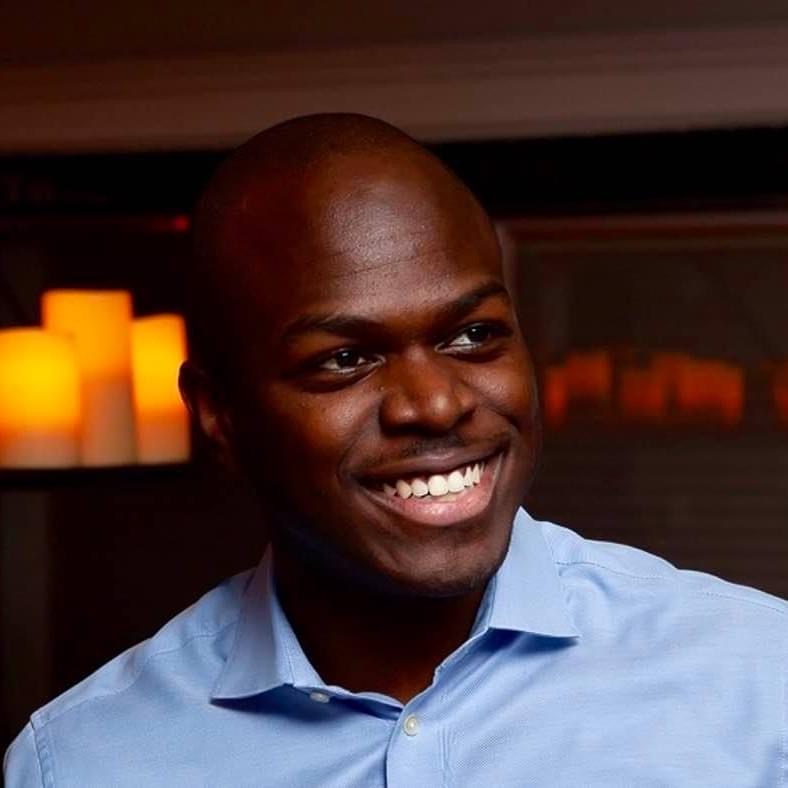
Placeholder caption to support story (AJ)
I believe that forgiving yourself is really important. My mother was a teenage mom, kicked out of a Florida public high school, shamed by my father’s family for being pregnant. We moved to Newark, New Jersey to have me. My mother was reluctant to tell that story until I was like 42. I didn’t even know my stepfather wasn’t my real father until I was 13 years old. I know now she decided not to forgive herself. The good news is she worked really hard to provide me a good life, but I think it was driven by this notion that this is her punishment.
My Story Has Not Been Perfect
I went through some failed marriages. I was not always the greatest dad. I have lots of things I’m not proud of and having gone through the process in life. I was always leaning on my professional accomplishments. I wasn’t willing to talk about all that other stuff to anybody, and certainly wasn’t willing to forgive myself when I made mistakes over the years, If I want my children to have the tools that I want them to have, I have to be able to talk holistically about who I am.
That has settled me. We’ve had horrific cases of tragedy on campus over the past few years. We’ve had moments of great reward as well. And I try to stay right here [holds hand flat], whether it’s high on the mountain top or deep in the valley, I try to be grateful for what’s happening in the present moment. I think the quicker you’re able to do that as a younger person, the better off you’re going to be as you get older.
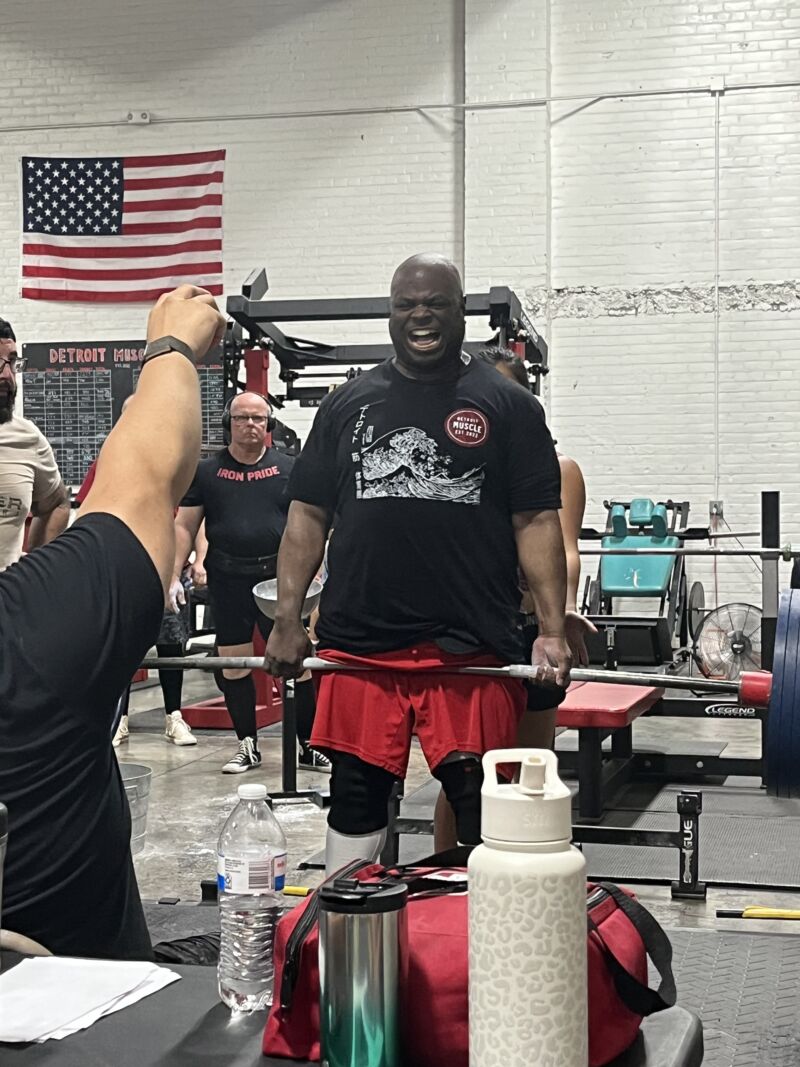
Placeholder caption to close our feature.
We Tell Ourselves Stories About Ourselves
I spend a lot of time with folks who are going through something tough. I just try to share with them how I was feeling and or how I dealt with something when I was feeling the way they are. A great Philadelphia trainer, George Lakey, told me in 1994, “We go through life telling ourselves stories about ourselves. And sometimes they’re great and sometimes they’re not so great, but none of it’s real. Only what’s happening at the moment is real.”
I thought that sounded very touchy feely. But it’s actually true. I find when people are down in the dumps, they are telling themselves stories that they’re not good enough, that everything that’s happened to them is their fault or that the world is against them. You have to create some self-talk in the opposite direction. If you’re able to regularly do that, you’ll find yourself more even-keeled.
______________________________________________________________________________________________
Meet Peter Osbourne
Meet Peter Osborne our Curiosity Coach who’s asked lots of questions over the past 55+ years, starting with his parents and continuing as an award-winning business journalist, corporate communications executive, and father of four kids who share his love for questions.
As a RestlessUrban Explorer, Peter’s curiosity takes him on a journey to rediscover the power of joy in life. Join him as he shares his adventures into the world of academia, psychology and personal testimonials.
Of course, anyone who knows Peter knows that now journey is complete without a discussion about the joy of being a Buffalo Bills football fan and the questions that come with each season.
Share this Article!
More Articles

